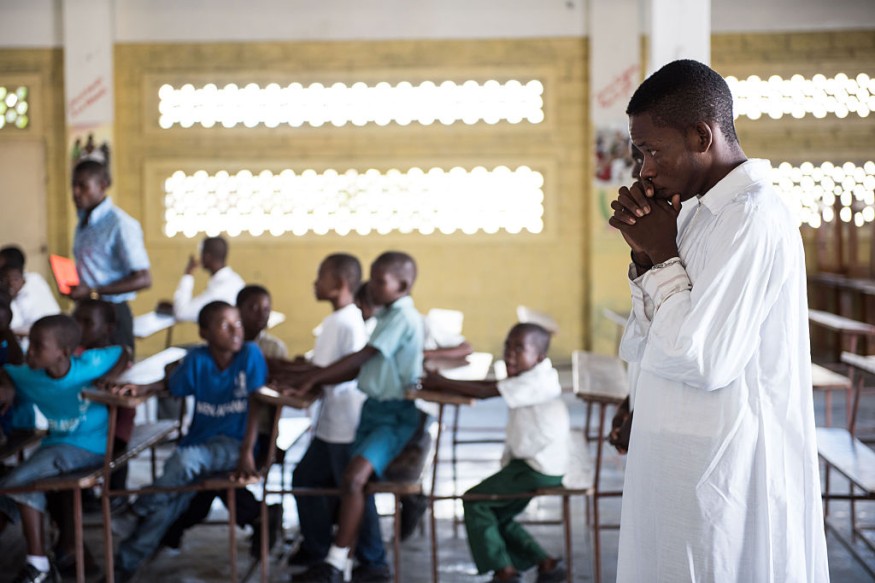Three Abducted Catholic Clergy in Haiti Freed

Out of the seven members of the Catholic clergy that were abducted in Haiti earlier this month, three were already released, according to a Church spokesman.
According to AFP News, the seven members of the Catholic clergy were among the 10 people who were kidnapped in Croix-des-Bouquets on Apr. 11.
Five of the Catholic clergy were Haitian and two of them were French - a priest and a nun. Father Loudger Mazile, the spokesman for the Bishop's Conference for Haiti, told AFP that the French citizens remain in captivity.
The kidnappers had demanded $1 million as a ransom payment after they abducted the group, according to BBC News. The island nation is currently struggling with rising violence and ongoing political crisis.
The Kidnapping of the Catholic Clergy
The members of the Catholic clergy were on their way to attend the introduction of a new parish priest when the attack took place. A source said the gang behind the abduction could be the 400 Mazowo.
Kidnapping for ransom has increased in recent months in Haiti, especially in Port-au-Prince.
"The CHR (Haitian Conference of Religious) expresses its deep sorrow, but also its anger at the subhuman situation through which we have been wading for more than a decade," the group said as reported by The Guardian.
The group added that not a day goes by "without weeping and gnashing of teeth," yet the leaders of the country clinging to power are "increasingly powerless."
Bishop Pierre-André Dumas of Miragoane in south-western Haiti said the time has come for these inhuman acts to cease.
Gang Violence in Haiti
The government of Haiti had declared a state of emergency in March. This was to curb gang violence and restore the state power.
The move was prompted by the armed gangs' scheme to kidnap people for money, as well as their stealing and looting public and private property.
The rise in gang violence and political instability have recently caused an uproar from protesters on the streets of Port-au-Prince. Protesters rallied against the growing power of gangs in the city.
"The nation must stand up to fight these thugs," Father Gilbert Peltrop, secretary-general of the CHR, said in an Aljazeera report.
Political Crisis in Haiti
Meanwhile, opposition leaders disputed that the term of Haitian President Jovenel Moise was over as it was said to have ended on Feb. 7, according to legal experts and civil society groups.
However, the president and his supporters argued that his five-year term only expires in 2022, another Aljazeera report said. Moise made clear that he would not yet leave the presidency, with government officials alleging a failed coup took place.
In November 2015, Moise won in the first round of elections. The result was not acknowledged due to voter fraud. Moise was re-elected in November 2016 and he officially took office in February 2017. Thus, there was a dispute over whether Moise's five-year term began in 2016 or 2017.
Moise has formed an electoral council and consultation committee assigned to prepare a new constitution and he plans to hold a referendum on April 25.
According to Moise, the current constitution is one of the sources of the economic, social, and political crisis that Haiti is currently experiencing.
WATCH: Crisis in Haiti: Seven Catholic Clergy Kidnapped, Held for Ransom - From FRANCE 24 English
Subscribe to Latin Post!
Sign up for our free newsletter for the Latest coverage!
© 2026 Latin Post. All rights reserved. Do not reproduce without permission.













